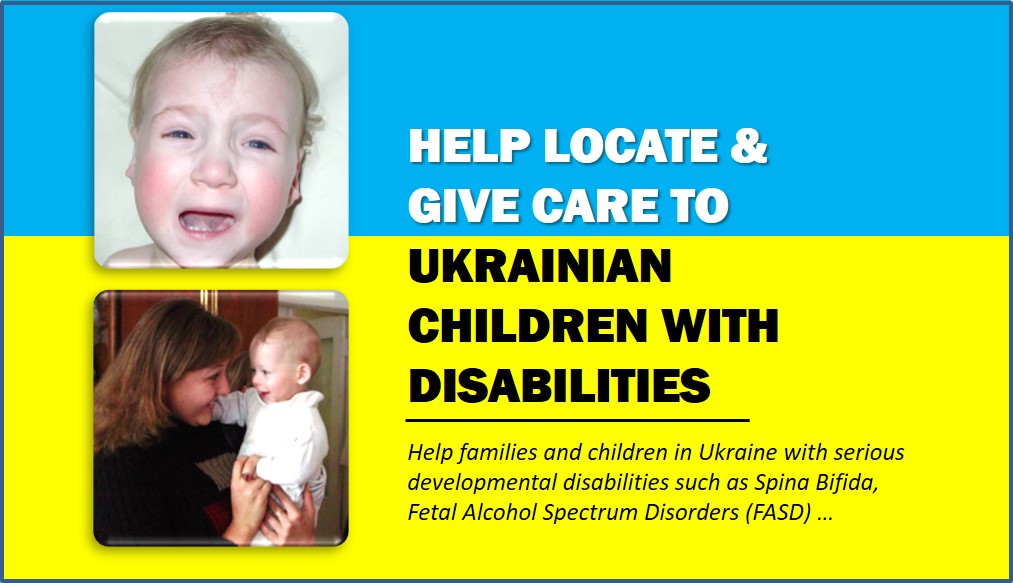by F.C. Fraser
The American Journal of Human Genetics, 1974, pp. 636-659.
Definition
… Genetic Counseling is a communication process, which deals with the human problems associated with the occurrence, or the risk of occurrence, of a genetic disorder in a family. This process involves an attempt by one or more appropriately trained persons to help the individual or family (1) comprehend the medical facts, including the diagnosis, the probable course of the disorder, and the available management; (2) appreciate the way heredity contributes to the disorder, and the risk of recurrence in specified relatives; (3) understand the options for dealing with risk of recurrence; (4) choose the course of action which seems appropriate to them in view of their risk and their family goals and act in accordance with that decision; and (5) make the best possible adjustment to the disorder in an affected family member and/or to the risk of recurrence of that disorder …
Description
… Most counseling involves the occurrence of a particular disease in a child and the concern of the parents as to whether their future children might be similarly affected. Parents may also want to know about the risk for the affected child’s children or the children of unaffected sibs. Other situations … May involve, for instance, a person contemplating marriage who is concerned about some aspect of the future spouse’s family history. There may be a specific disease in a near relative, ancestors from a different racial group, or the future spouse may be a relative … Recently the advent of screening programs for certain diseases in high-risk populations has introduced prospective counseling–where the counselees have been identified as high-risk couples before the disease has ever occurred in the family …
In many cases the family doctor is the most appropriate person to do the counseling since he knows the family, its attitudes, and the socioeconomic background better than a consultant. However, he may have neither the genetic knowledge nor the time to devote to what may be a series of interviews … Some counseling problems are so complex or require sufficiently specialized tests that the services of a professional genetic counselor are required …
… The process of genetic workup and counseling may be considered in several stages: validation of the diagnosis, obtaining the family history, estimation of the risk of recurrence, helping the family to reach a decision and take appropriate action, and follow-up.
Validation of Diagnosis
… Family may be referred to the medical genetics unit for diagnosis by biochemical or cytogenetic tests or in the hope that the geneticist will recognize a syndrome not generally known to the medical profession … Genetics unit will need the services of someone skilled in “syndromology,” who may need to obtain further tests such as radiographs …
… Often the diagnosis already has been made by a physician before referral to a medical genetics unit, and the counselee wants to be informed about the implications of the disease for the family …
Genetic Workup and Estimate of Risk
… The concerns vary widely from case to case … At the other end of the spectrum are parents who may be stunned by the birth of a defective child, who may consider it an act of retribution or an expression of their own imperfection, who may be torn with guilt or feel that they are doomed to have imperfect children. Exploring these feelings may be far more important than providing a statistical estimate of the risk …
… Follow-up studies suggest that many parents need counseling because they have overestimated the magnitude of the risk and therefore need reassuring …
… Evaluating family history. A detailed family history is taken from the counselees … It is generally useful to record “cultural” characteristics of the family, including racial background, religion, occupation, and grandparents’ birthplace. Age and state of health of first-, second-, and third-degree relatives are recorded. Miscarriages and stillbirths are recorded for the near relatives …
… Estimating risk. … Extensive research is needed to provide better information on the clinical risks associated with many genetic diseases …
Family Follow-up
A facet of counseling that tends to be neglected is the extension of counseling to other members of the family … Family follow-up may be useful for two reasons: (1) to counsel high-risk (and reassure low-risk) relatives, and (2) to employ preventive measures …
Methodology
The term “genetic counseling” was coined by Sheldon Reed to replace the term “genetic hygiene” which had unpleasant eugenic implications … The literature on genetic counseling dealt mainly with methods of arriving at recurrence risk estimates. Gradually, however, the psychological complexities involved in the counseling situation began to be recognized, and now an increasing number of articles on the impact of genetic diseases on the family and the techniques, philosophy, psycho-dynamics, and ethics of counseling are appearing …
… A number of centers are experimenting with counseling in groups, but it is too early to formulate any definite conclusions about their relative advantages and disadvantages. Group counseling may be effective when used in group screening programs for high-risk populations …
Directive or Nondirective Counseling?
Opinions differ widely on how directive genetic counseling should be. Some counselors (a minority) believe that counseling should stop at the point where an estimate of risk is given and that the parents should make up their own minds what to do, without benefit (or otherwise) of further advice from the counselor …
… Many counselees need help in the first place in understanding the meaning of a statistical probability. They may also appreciate the opportunity of discussing the pros and cons of the situation with someone who is not only sympathetic but well informed … Many counselors would go so far as to say that although it is impossible to extrapolate himself entirely into the counselee’s situation, since he is not the counselee, he thinks he would probably take a certain course of action. Although this has been opprobriously termed “behavior control” by some ethicists, the counselor is no more controlling behavior than is a surgeon who recommends an elective operation … Many counselees come for advice and are disappointed if they do not get it …
Psychodynamics of Counseling
Too little is known about the psychodynamics’ of genetic counseling …
Organization of Genetic Counseling Services
… It has been estimated that by the mid-1980’s, in North America, one person with training in medical genetics will be needed for every 200,000 persons …
… Since counseling is vitally dependent upon research on the identification and delineation of new syndromes, the improvement of data on penetrance and expressivity, and the refinement of recurrence risk estimates, it is desirable that the counseling service be associated with an ongoing research program.
The personnel of the group should include a M.D. trained in genetics to take responsibility for the medical acts performed by the group and, depending on the size of the group, a number of others with either M.D. or Ph.D. degrees …
… Perhaps the optimal system would be a multitiered one such as exists in other branches of medicine. Simple cases might be counseled by the primary physician at the local level–when primary physicians have acquired the knowledge to handle the simple cases and to screen out those that are not so simple. These more complex cases might be seen by a professional genetics counselor, either at the medical center if the family lives near one or at the local community level by means of traveling clinics. Individuals needing sophisticated biochemical tests and children with esoteric syndromes or other complex problems could be referred to the genetics unit at the medical center …
Financial Support
The source of payment for genetic counseling services is a problem of increasing concern …
… Most medical care programs do not recognize how time consuming a good genetic counseling procedure can be … Family may take from 2 to 8 hours or more, and the usual consultation fee charged to the medical care program does not begin to cover this, even when (as is sometimes done) a fee is charged for each family member involved …
… There are almost no data on how much genetic disease is actually prevented by genetic counseling and how much expense is thereby saved–in dollars, to say nothing of sorrow and stress. Nevertheless, the care of chronically ill children is expensive, and the savings achieved by genetic counseling must be appreciable …
Training
… Some would claim that the proper qualification for a genetic counselor should include an M.D. degree with training in one or more specialties … A Ph.D. degree, or at least a M.Sc. degree in human genetics plus 2 years experience in a medical genetics unit … some training in psychiatry, social service, and pastoral psychology as well. Others would say that a Ph.D. degree in human genetics plus 2 years experience in a medical genetics unit would be suitable …
… There is a consensus that a medical genetics unit ought to have a M.D. on its staff to take responsibility for the medical acts that occur as part of the unit’s activity … It seems clear that the present supply of M.D.’s adequately trained in genetics is far short of the demand for genetic counselors …
Quality Control
… As for quality control of genetic counselors themselves, there is at present no attempt at this. This makes it possible for unqualified and ill-informed persons to set themselves up as genetic counselors …


